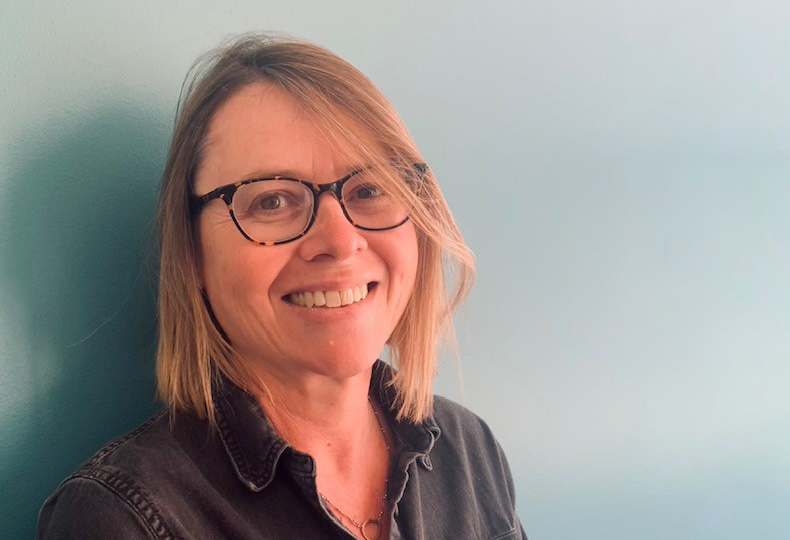Dive into the classical work of professor Alex Purves
This 2023 Guggenheim Fellow plumbs the depths of the ancient epic

Courtesy of Alex Purves
Jonathan Riggs | May 9, 2023
Few forms can rival poetry for its power — through the enduring works of Homer, for example, the ancient world has remained vibrantly close to us for centuries.
“I’m interested in early Greek poetry at a very fundamental level: the ways in which it can express aspects of our experience that other genres or art forms cannot,” says Alex Purves, professor and chair of the UCLA Department of Classics. “I like to think about the formalities and intricacies of poetic language in relation to the big-picture questions of space and time.”
A recipient of a 2023 Guggenheim Fellowship, Purves is working on a new book, “Blue Homer: Reading the Sea in and Beyond the ‘Odyssey,’” which explores the ways Homer and his fellow Greek poets looked at and wrote about the sea from multiple vantage points. The book also considers how authors James Joyce and Derek Walcott metaphorically adapted Homer’s sea into the bodies of water that informed their work.
“I’m thinking of the sea as an immersive space through which different forms of language, and slippages within language, can occur,” she says. “Walcott especially is really interesting, because his poem ‘Omeros’ kind of takes the ‘Odyssey’ and lets it fall into the Caribbean Sea to disintegrate and reinvent itself —using the sea as a mode of thinking through the classical tradition reframed through the postcolonial experience he knew on St. Lucia.”
Purves’ fascination with the ancient world began when she was a 12-year-old girl living in Greece, tagging along on visits to historic sites with her mother, who was doing an Open University degree in classical civilization. Although she went on to major in both English and classical studies at the University of Nottingham in her native England, Purves eventually decided to follow her academic passion — even if the journey, like Odysseus’, was not without challenges.
“I realized I would have to learn ancient Greek, so I did after I finished my undergrad degree, which in those days was late for most classicists,” she says with a laugh. “It was definitely hard, putting myself through extension classes and doing a postbac, but it was fun, too. Ancient Greek is such a captivating language, and once I started, I knew without a doubt this was what I wanted to do.”
And she has exceled on her path, publishing a string of books including “Space and Time in Ancient Greek Narrative,” “Homer and the Poetics of Gesture” and “Touch and the Ancient Senses”; earning a UCLA Distinguished Teaching Award with a special commendation for teaching graduate students; and pushing her entire field forward.
“The humanities are so important, because they give us a language and a means of thinking deeply and critically which are vital to our social, political, environmental and empathetic participation in the world,” she says. “Without the arts, we’re cutting ourselves off from so many possible ways of living and thinking.”
With her Guggenheim project on Homer, an in-progress piece on the famed ancient poet Sappho and in her work as a whole, Purves remains inspired by the ways that the literature and language of the ancient world continues to motivate people to creatively reinterpret, reread and restage it. If anything, she believes, these creative voices from antiquity represent an opportunity to not just look back, but forward as well.
“Homer feels very relevant and resonant, and part of what I want to do with this project is to open up ways of thinking about that relevance,” she says. “It’s really surprising how much classical texts can speak to concerns we have in the present day, and how they can help us rethink some of those concerns.”
For more of Our Stories at the College, click here.




